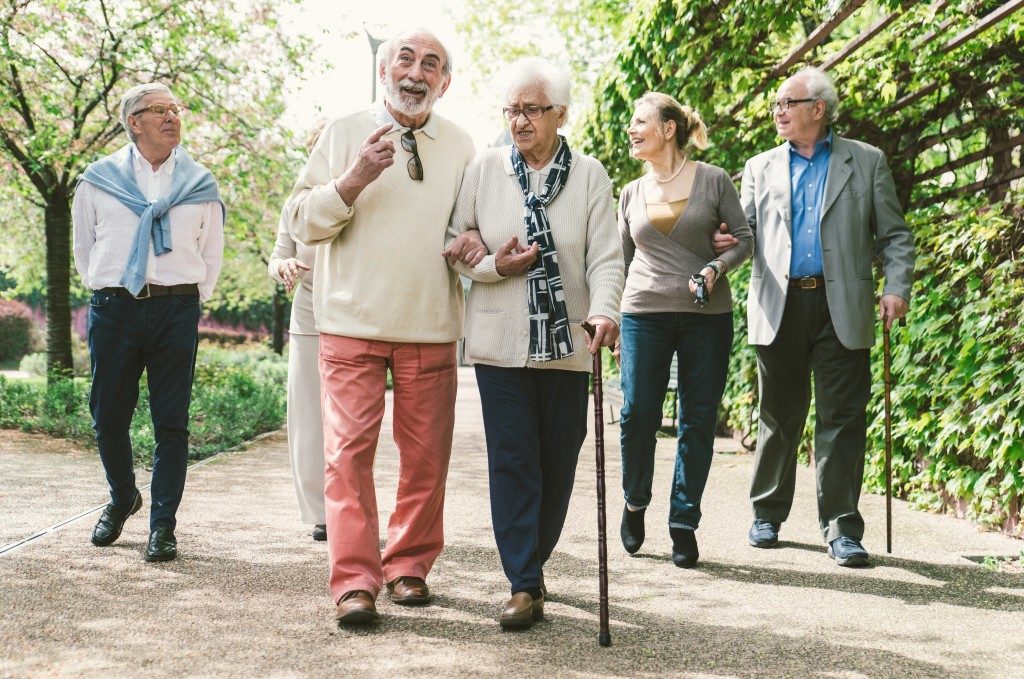The alarmingly fast spread of the coronavirus has forced the UK government to establish strict social distancing measures. That means that people are confined to their homes. They are barred from all outside activities except for essential trips, such as buying supplies.
Although the community quarantine is critical to controlling the further spread of the virus, it can be difficult for a specific group: people with dementia. Dementia or any form of cognitive decline doesn’t make one more susceptible to coronavirus infection. However, it may be more challenging to manage dementia-related behaviours because of the quarantine guidelines.
The new normal disrupts everyone’s lives. And for people with dementia, changes in their routines can be upsetting, triggering negative feelings and behaviours. That creates problems for the older adult’s caregiver, especially if you’re not professionally trained.
Below are some dementia care strategies for in-home caregivers to help you care for your loved one during the quarantine.
1. Reduce the risk of transmission
Observe proper handwashing techniques and respiratory hygiene etiquette. Teach your loved one how to wash their hands thoroughly. People with dementia may need written reminders to remember important hygiene practices, so consider placing signs in the bathroom. Have an alcohol-based sanitizer ready for when the older adult can’t go to a sink easily.
If you’re accepting elderly live-in care services, contact the provider and ask about their coronavirus protocols. Make sure that they’re aware of the latest updates and guidelines about the virus. If the care worker only comes for part-time domiciliary care, check their temperature before letting them inside the house. Anyone with a temperature over 100.4° F should be excluded from providing care.
Don’t accept visitors for the meantime, unless necessary. Although it may be difficult, especially for a person with dementia, it is critical to reducing the risk of transmission.
2. Stick to a routine

The pandemic is full of uncertainties, which can cause stress for a person with dementia. Sticking to a routine will help them feel calmer and more grounded. It gives structure to their day and gives them something to look forward to, which can raise their spirits.
Include light exercises in their daily schedule to increase their mobility and strengthen their immune system. Also, arrange video calls with their close friends, peers, and other family members. Physical distancing measures might make them socially isolated, causing anxiety, stress, and agitation. Regular calls will help them feel socially connected despite the quarantine.
3. Plan for medical emergencies
For people with dementia, the first sign of illness is increased confusion. When it happens, contact your physician immediately for advice. If they come down with a high fever or other illness, pack a travel bag for your loved one. Doing this ensures that you have everything you need in case they’ll need to be admitted to a hospital.
You also need plans for when a member of the household is exposed to COVID-19. Decide beforehand if you’re going to move them to a nursing home or hire a live-in care provider. Prepare all the documents they need: names and numbers of doctors, list of allergies, likes and dislikes, advanced directives (e.g., Physician Orders for Life-Sustaining Treatment), and your loved one’s will.
Remember to take care of yourself. Even if you’re not the primary caregiver of your elderly loved one, living with someone with dementia is extremely challenging. Eat healthily, take a break, and don’t hesitate to seek help when you need it.

